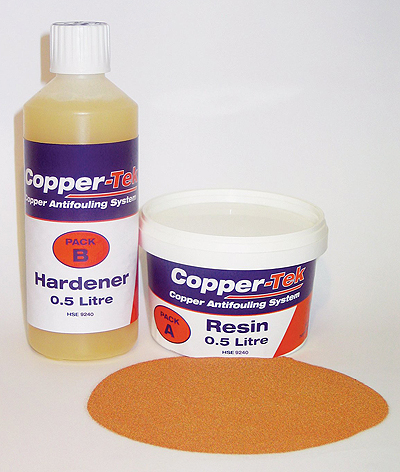Displaying items by tag: marine technology
EU Seeks Design Proposals for Energy Saving Fishing Vessel
The European Commission is seeking proposals to develop a fishing vessel equipped with alternative propulsion technologies and improved energy performance.
The “demonstrator” vessel should foster energy transition in the fisheries sector, and has a budget of 2.2 million euro, drawn from EU pilot project funds.
The Commission lists the expected impacts as:
To develop and demonstrate viable solutions for fishing vessels which improve the energy performance, including reducing greenhouse gas (GHG) emissions and costs;
To increase knowledge on the challenges, benefits and impacts (including economic, environmental and in terms of health and safety of fishers) of different technologies aimed to improve the energy and emissions performance of fishing vessels;
To strengthen understanding of the potential to adapt existing technologies to the fishing sector;
To raise awareness of and broaden the possibilities offered to fishers to become more energy efficient and initiate the energy transition of fishing vessels.
It says long term expected impacts include:
- Improving the resilience and economic viability of the EU fishing fleet;
- Improving understanding of technical, social, legal, regulatory and policy barriers to energy transition in fisheries;
- Reduced fuel consumption and GHG emissions from fishing vessels and improved energy efficiency in their range of activities;
- Accelerating the adoption of new technologies in the fisheries to foster energy transition;
- Improving the business environment and raising awareness among investors.
The closing date for proposals is June 11th, and more details are here.
New DIY Copper Protection
Marine Technology Ltd, owner of the CuNiGuard antifouling system, has developed a new, single application copper antifouling product which can be owner applied. Copper-Tek uses a specialised copper which has been extensively tested to create a coating, providing, say the manufacturers many years of antifouling protection from the single application.
During mixing, each litre of Copper-Tek resin is impregnated with 2 kilograms of ultra fine copper powder, the maximum allowed by law. Marine Technology is confident that there is no stronger copper based antifouling system currently available on the market. Following the company's application instructions, a minimum of 200 microns of Copper-Tek is applied, typically the surface will erode at a rate of 5 microns per year. Prior to launch the cured the Copper-Tek surface is lightly burnished with a fine wet and dry paper to allow the copper to activate on contact with the water.

Further burnishing is not anticipated for several years. If ashore for an extended period, a light rub with an abrading pad or fine wet and dry is all that is necessary to reactivate the coating and continue fouling free cruising. Once immersed, the special copper reacts with seawater to form a thin slippery surface covering of cuprous oxide, resistant to all common fouling such as weed, barnacles and other marine growth, but non toxic to the environment. A minimum of 10 years protection should be expected from a properly applied Copper-Tek system.
Using Copper-Tek eliminates the annual labour and high costs of lifting out, preparation and reapplication of antifouling coatings. Previously, high volume copper based products have been prohibitively expensive but Copper-Tek can now offer a DIY option at very reasonable cost. Unlike ordinary antifouling paint, the active Copper-Tek ingredients are hosted by an epoxy resin base which also provides a degree of protection against osmosis in GRP hulls. The treated boat can therefore remain in the water for the owners enjoyment for longer periods.
Copper-Tek is fully approved and licensed for professional and owner application in UK, HSE No 9240 and available from Marine Technology Ltd +44
(0) 1202 887519 or online at www.copperantifoul.com
























































